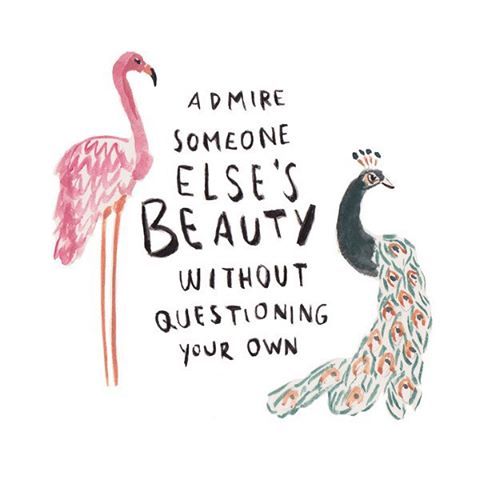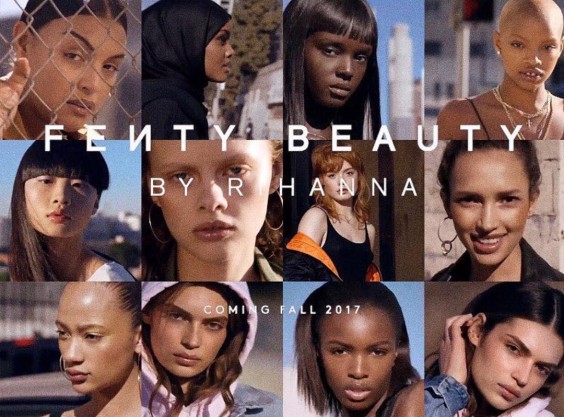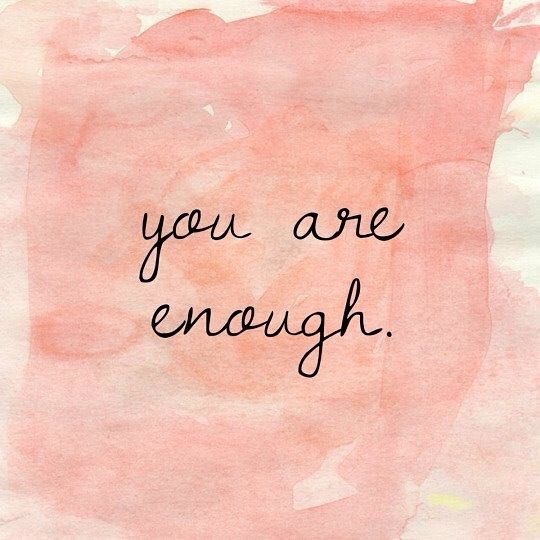If you didn’t know, which if you use any social media would be hard, 10th October, was World Mental Health Day. Across the world, people used the day as an opportunity to talk and open up about mental health. The hashtag worldmentalhealthday trended on twitter and was used thousands of times across Instagram. Celebrities such as Ferne Cotton, Shawn Mendes, Lady Gaga and Wales’ own Luke Evans showed support for the cause.
According to mind approximately 1 in 4 people in the UK will experience a mental health problem each year. And while the number of people suffering from mental health is not increasing it does appear that the way people are coping with mental health is getting worse. The number of people who self-harm or have suicidal thoughts is increasing. This means that talking about mental health is more important than ever.
As part of the discussion on mental health, we have to acknowledge the part the beauty industry has in, positively and negatively, affecting people’s mental health.

For many people, beauty is an escape, something they do to unwind, or include as part of their self-care routine. Psychotherapist Dr Mike Dow has said that many patients are taught to do something productive or pleasurable when they find themselves stuck in negative thought patterns, and doing a makeup or beauty routine fits both of these boxes.
However, for some people, the beauty industry has a hugely negative impact on their mental health. Every day we are surrounded by images that set an unachievable standard of beauty. These images have resulted in the development of anxiety, low self-esteem and low self-confidence in many women. This low self-esteem in women can clearly be seen in a Dove survey which found out of 3,200 women only 2% would describe themselves as beautiful, and 90% wanted to change at least one aspect of their physical appearance.
Due to this low self-esteem and anxiety, many women turn to cosmetics or procedures not out of joy or pleasure but as something they feel they have to do. In 2007 nearly 11.7 million cosmetic surgical and non-surgical procedures were performed in the US, and a study found over 40 years a woman will spend $300,000 on only her face and hair.
This trend of not feeling good enough is even more worrying when it becomes clear that it is affecting children. A US study found that on average girls are just 13 when they start using beauty products.
As someone who loves beauty, it is difficult to admit to the problems the industry causes. However, these problems have to be addressed. Thankfully some brands are recognising this and taking steps to create realistic images all women can relate to. Dove led this charge over 10 years ago with its ‘Real Beauty’ campaign which featured real women of varying ages, sizes and ethnicities. While the release of Rihanna’s Fenty beauty in 2017 saw a campaign which starred a diverse cast of models who break from typical beauty standards.

Also making a difference are the many celebrities coming out and taking a stand against photoshopping. Earlier this year Riverdale star Lili Reinhart spoke out against Cosmopolitan Philippines for photoshopping her and her co-star. Stars such as Zendaya, Kate Winslet and Kerry Washington have also all spoken out after having images of themselves digitally altered without their permission.
World Mental Health Day is a wonderful icebreaker for getting people to discuss mental health. However, these conversations, including those about the impact the beauty industry has, must be ongoing. It is clear how vital it is that we are able to get to a place where the beauty industry wants to empower women and create an environment for us to flourish through images which make us feel good about ourselves.
There are several welsh based mental health charities which can provide help for anyone struggling with mental health.
Mind Cymru offers information on types of mental health issues, where to get help, what treatments are available; as well as advice on any legal issues surrounding mental health you may have.
Gofal offers a number of services including crisis intervention and home & family support.
Mental Health Matters Wales provide assistance such as counselling, advocacy services and wellbeing centres.
Mind Cymru–
Infoline 0300 123 3393
Legal line 0300 466 6463
Gofal –
01656 647722
Mental Health Matters Wales –
Head office, Wellingbeing , Info & Training, Befriending, Self help harm 01656 651450 or 01656 767045
Advocacy and Representatives 01656 649557
Counselling 01656 647578
Sources:
http://psucomm473.blogspot.ca/2007/03/dove-campaign-for-real-beauty-case.html
https://scholars.unh.edu/cgi/viewcontent.cgi?article=1085&context=honors
https://www.teenvogue.com/story/how-makeup-affects-depression-anxiety










